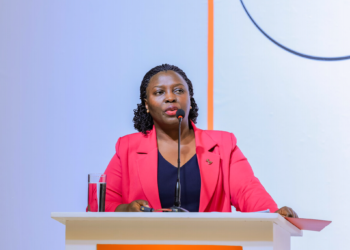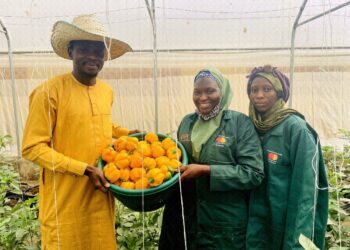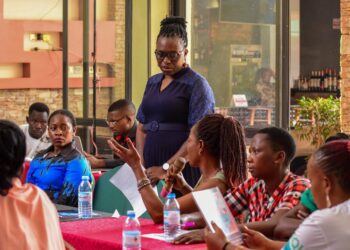The head of the WHO on Saturday said a shortage in funding to halt the spread of the deadly Ebola virus in the Democratic Republic of Congo was finally being filled.
Tedrus Ghebreyesus, the director-general of the World Health Organization, said that several countries had renewed pledges of financial aid after the Ebola outbreak was declared an international emergency earlier this month.
“Especially in the last couple of weeks there is renewed commitment to finance the shortages we were facing,” Ghebreyesus told AFP at a summit in Nigeria’s capital Abuja.
The support raised hopes the epidemic could be restrained, he said.
The comments came after the World Bank announced Wednesday it would deploy a further $300 million (269 million euros) in addition to $100 million already provided after Ebola erupted in August 2018.
But officials said another $200 million could be needed in the coming six months.
– Security issues –
“The DRC will need the international community’s support to strengthen its health system and to rehabilitate it,” Ghebreyesus said after holding talks with DRC President Felix Tshisekedi at the summit.
He said the government was aware the public health response would not be enough to permanently halt Ebola.
Conflict in eastern DRC, where the virus has been concentrated, had made this outbreak “different and more complicated”, he added.
“Enabling factors should also be taken into account and one of them is the security issue,” he said. “His excellency the president also understands that.”
More than 1,700 have died in the latest Ebola epidemic to hit DRC.
The virus is highly contagious and has an average fatality rate of around 50 percent.
It is transmitted to humans from wild animals and spreads among people through close contact with the blood, body fluids, secretions or organs of an infected person.
Responders in DRC had hoped that this Ebola outbreak would be easier to control thanks in part to a new vaccine, used for the first time since the deadly virus was discovered in 1976.
Yet while more than 160,000 people in the affected provinces of North Kivu and Ituri have been vaccinated, containment efforts have been hurt by unrest in the country’s besieged east, and a lack of trust in communities for health workers.
On Friday, the UN said that the DRC’s new Ebola response coordinator was considering the use of a controversial second vaccine recommended by the WHO.
The DRC health minister Oly Ilunga, who had been in charge of the Ebola response, quit this week blaming the “strong pressure” he faced to approve the new product.
He said “actors who have demonstrated a clear lack of ethics” were pushing the second vaccine, manufactured by healthcare company Johnson&Johnson.
WHO’s emergency chief Mike Ryan rejected the claims, saying “no pressure was ever applied to the minister by WHO.”
Ghebreyesus said the DRC were the sole decision-makers in deciding which vaccines would be used.
“At the end of the day whatever vaccine should get clearance from the government,” he said.
Do you have a story in your community or an opinion to share with us: Email us at editorial@watchdoguganda.com











